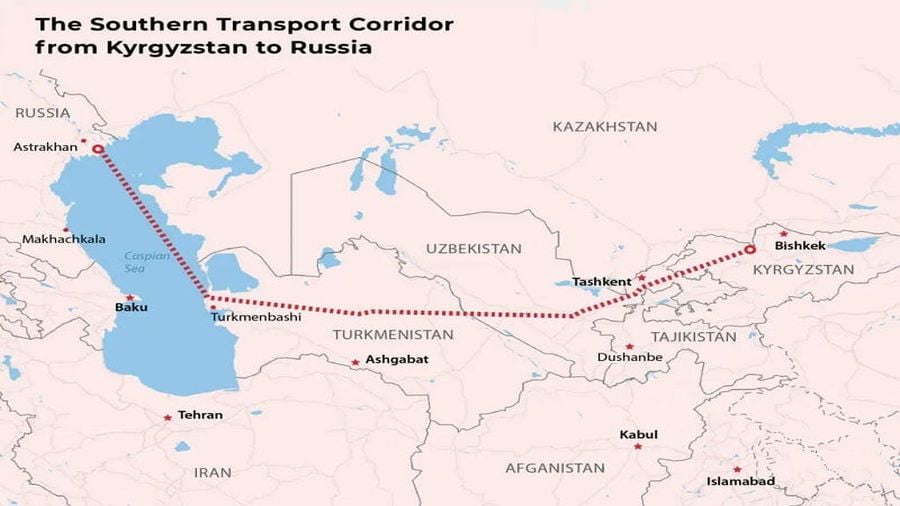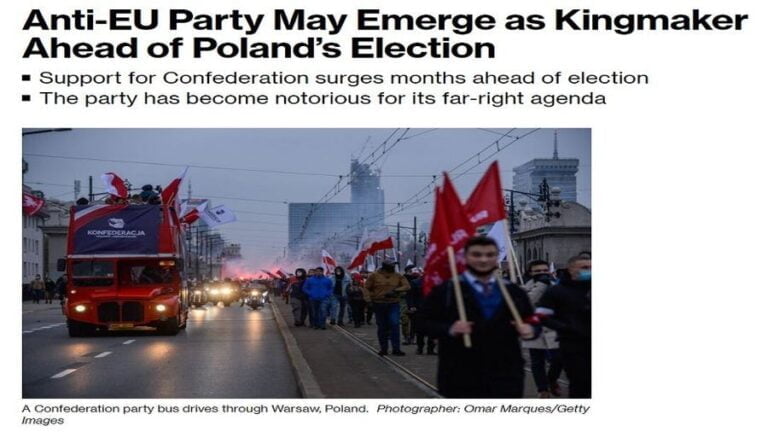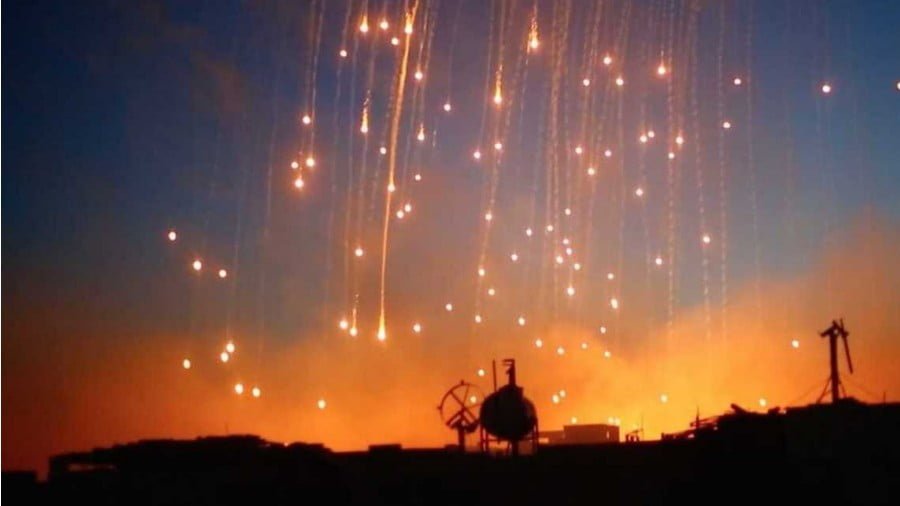Russia’s Southern Transport Corridor to Central Asia Safeguards Against Kazakh Treachery
Even though this corridor is less efficient than transiting through Kazakhstan, it more than makes up for that by mitigating the strategic consequences of Astana’s potential “defection” to the West, which can’t be ruled out after recent events.
Governor of Russia’s Astrakhan Region Igor Babushkin announced the creation in early July of a “Southern Transport Corridor” (STC) to the Central Asian Republics (CARs) via the Caspian Sea, which will diversify his country’s regional trade from its near-total dependence on transit through Kazakhstan. This is a timely development considering that Astana has proven itself to be an unreliable partner for Moscow despite its participation in the CSTO mutual defense bloc and the Eurasian Economic Union.
The Washington Post (WaPo) reported in late July that Kazakhstan intercepted a shipment of Chinese drones from Kyrgyzstan to Russia two months prior in compliance with the West’s sanctions regime, which places Bishkek’s crackdown against alleged coup plotters in early June in a totally new context. That development was analyzed here, which drew attention to how it likely represented the West’s latest efforts at the time to open up another so-called “second front” against Russia.
WaPo’s report also extends credence to the insight that was shared here in late June after Kazakhstan unexpectedly announced that it’ll no longer host the Syrian peace talks that its capital became world-famous for. The preceding hyperlinked piece posited that the West’s carrot-and-stick approach for “poaching” Kazakhstan away from Russia and towards their de facto New Cold War bloc is gradually succeeding, which could have far-reaching strategic consequences for the entire region.
In particular, the disruption of Russian energy exports and/or the bilateral trade upon which Kazakhstan’s comparatively more fragile southern neighbors depend could be disastrous, thus explaining why Babushkin announced that his country will pioneer its new STC with the region. This multimodal trade route will mitigate some of the damage that Kazakhstan might be manipulated by the West to inflict on Russia and the CARs, though it would of course be better for that scenario to not happen at all.
By the simple fact of the STC’s creation, Russia is signaling that it no longer completely trusts Kazakhstan, which is slowly but surely turning into the West’s de facto sanctions enforcer in the region. Politico reported earlier this week that Russia allegedly imported hundreds of millions of dollars’ worth of dual-use products from China since its special operation began. While there’s no way to confirm this claim, the part about some of this trade being conducted indirectly recalls WaPo’s earlier report.
“Kiev Inadvertently Proved That China Is Militarily Neutral In The NATO-Russian Proxy War” after its Deputy Defense Minister admitted in early July that her side procures Chinese drones via third parties. It therefore wouldn’t be surprising if Russia also does the same, which it might scale up in the aftermath of Politico’s report putting newfound sanctions pressure on partnered Chinese companies. In that case, the STC would become crucial for maintaining this logistical network given recent Kazakh treachery.
If pressed to account for the export of dual-use products to neighboring Kyrgyzstan and/or Tajikistan, Chinese companies can point to those two’s deadly clashes last September as the plausible pretext for doing more such business with them. All the while, some of these same goods can then pass through Uzbekistan and Turkmenistan en route to the Russian port of Astrakhan via the Caspian. Of course, the bulk of the STC’s traffic will be Russian-CAR trade, but these Chinese products will likely also transit too.
With the scenario of even more Western-encouraged Kazakh treachery hanging over its head as a Damocles’ sword after the economic and political precedents from the past two months, it makes sense why Russia finally began to diversify its trade routes with the CARs. Even though the STC is less efficient than transiting through Kazakhstan, this project more than makes up for it by mitigating the strategic consequences of Astana’s potential “defection” to the West, which can’t be ruled out after recent events.







